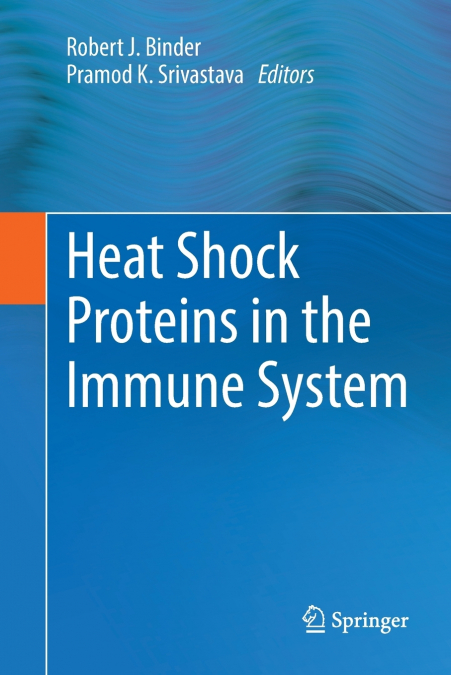
Experts from around the world review the current field of the immunobiology of heat shock proteins, and provide a comprehensive account of how these molecules are spearheading efforts in the understanding of various pathways of the immune system. This one-stop resource contains numerous images to both help illustrate the research on heat shock proteins, and better clarify the field for the non-expert. Heat shock proteins (HSPs) were discovered in 1962 and were quickly recognized for their role in protecting cells from stress. Twenty years later, the immunogenicity of a select few HSPs was described, and for the past 30 years, these findings have been applied to numerous branches of immunology, including tumor immunology and immunosurveillance, immunotherapy, etiology of autoimmunity, immunotherapy of infectious diseases, and expression of innate receptors. While HSPs can be used to manipulate immune responses by exogenous administration, they appear to be involved in initiation of de novo immune responses to cancer and likely in the maintenance of immune homeostasis.